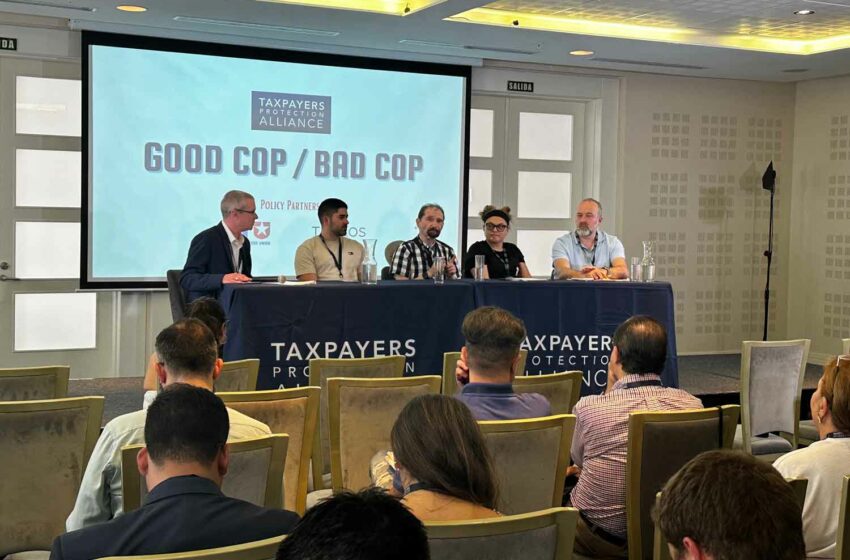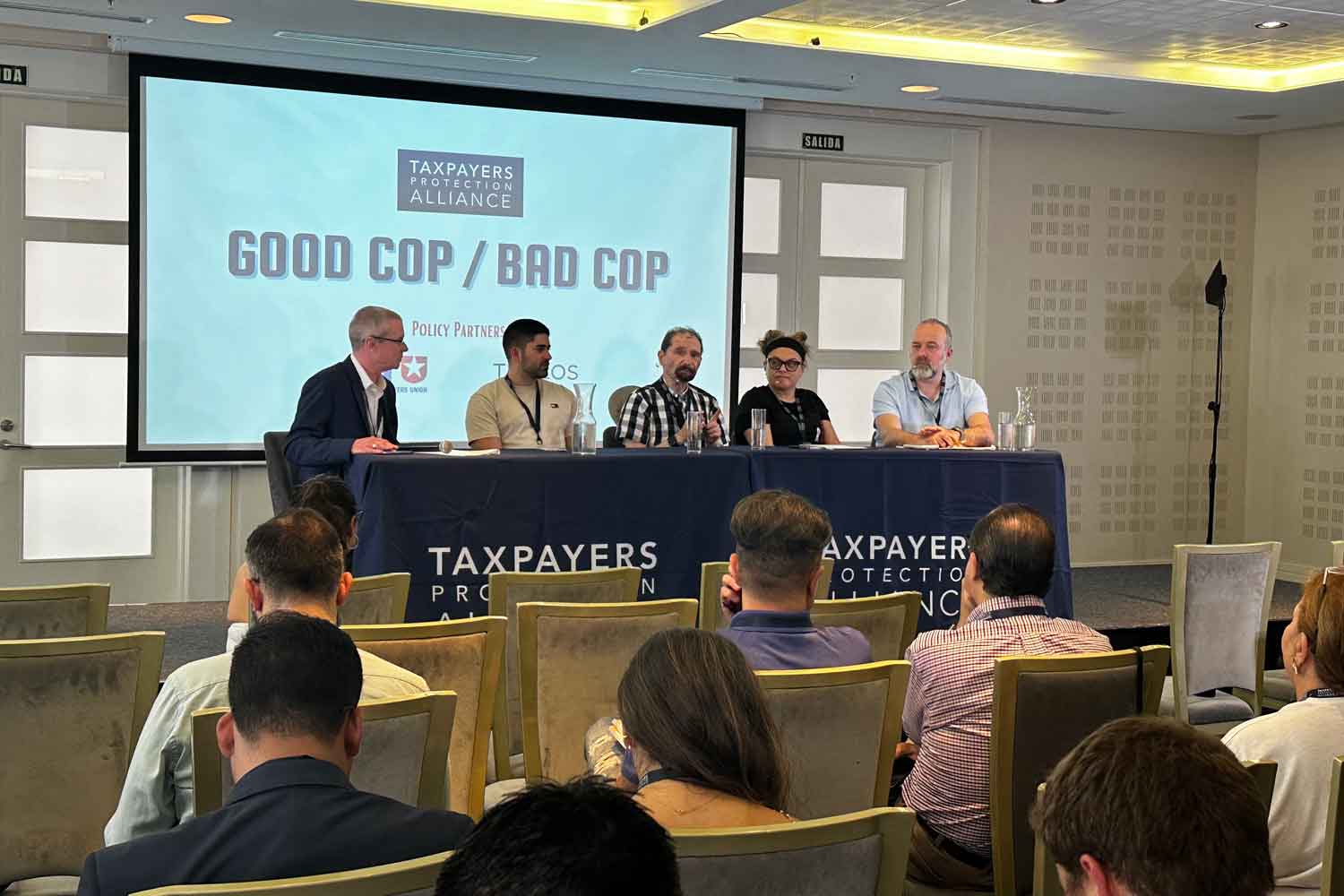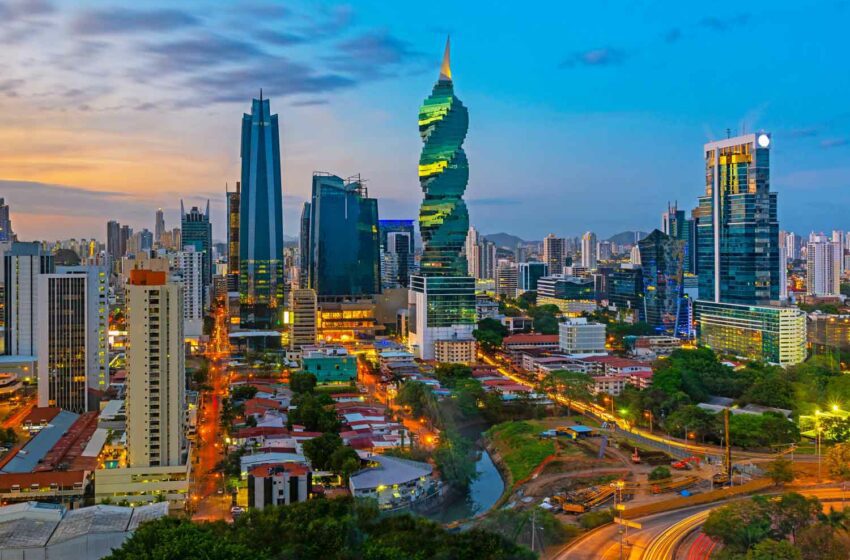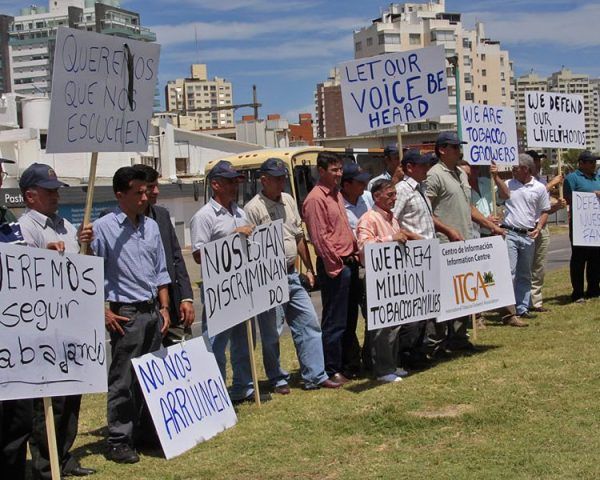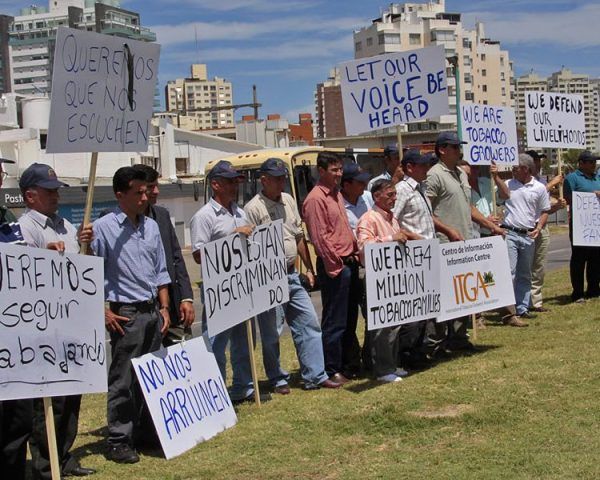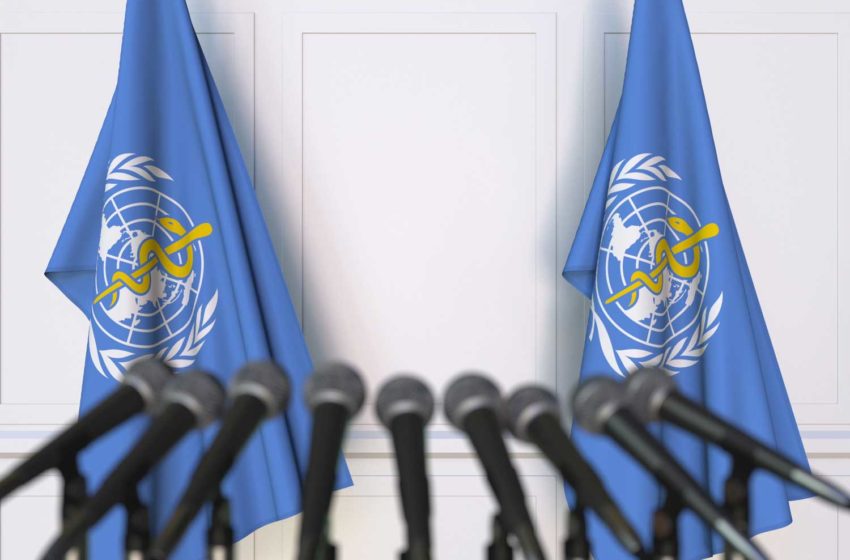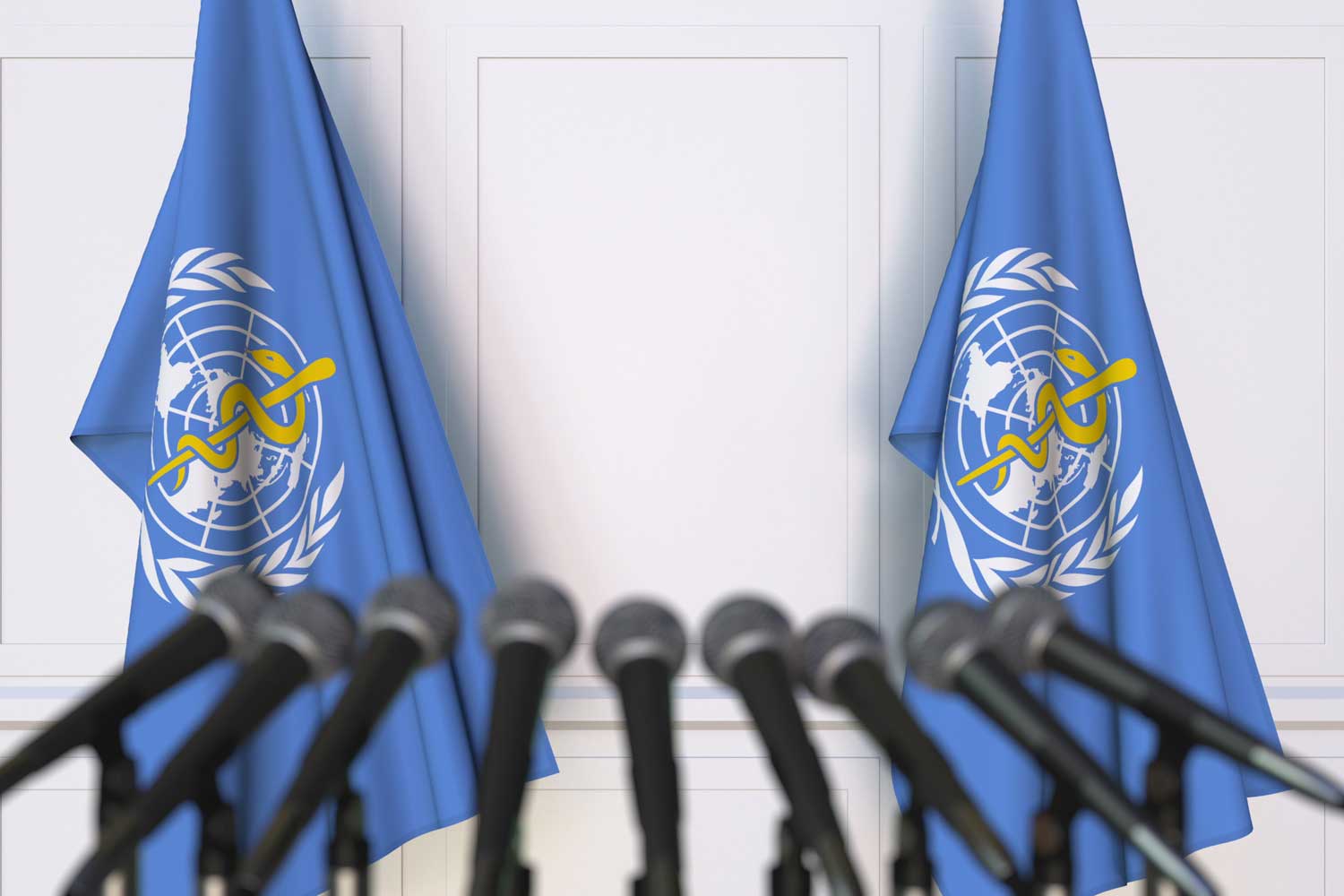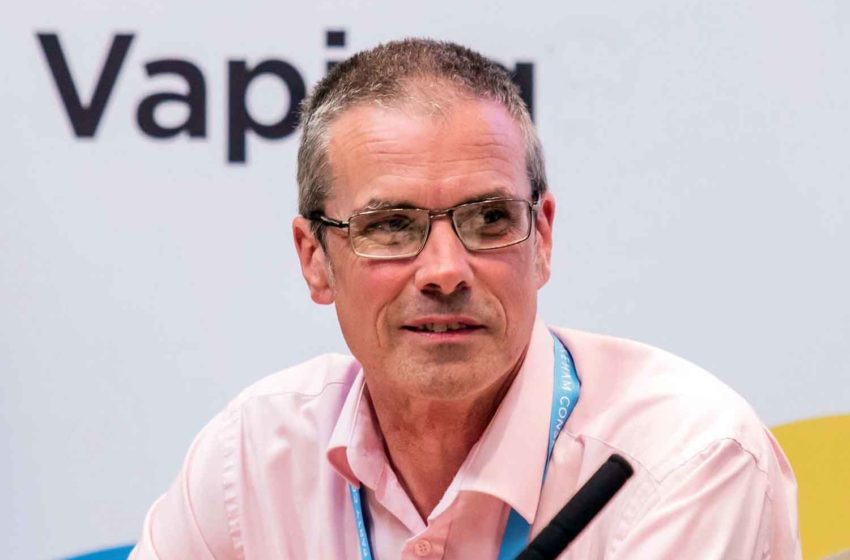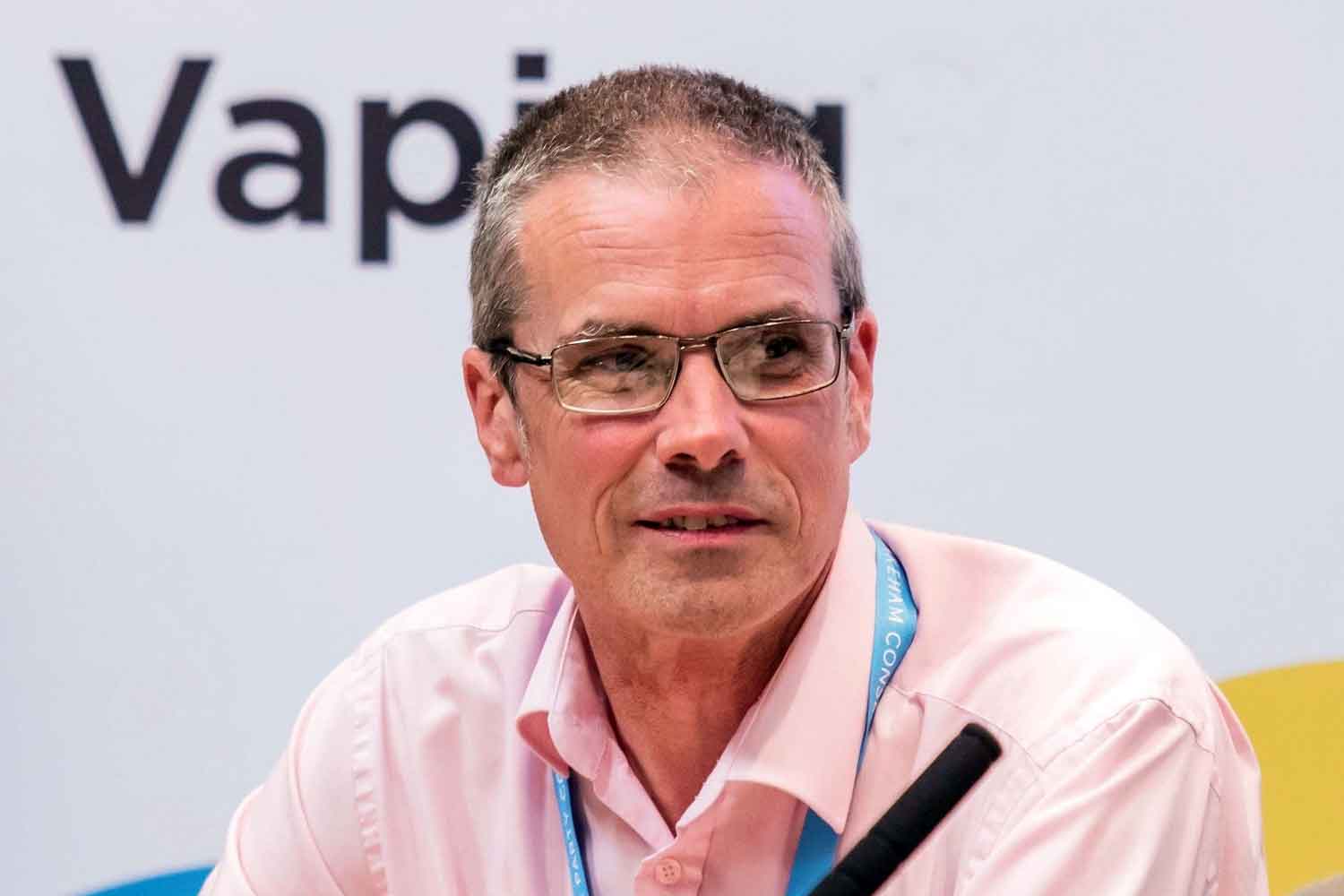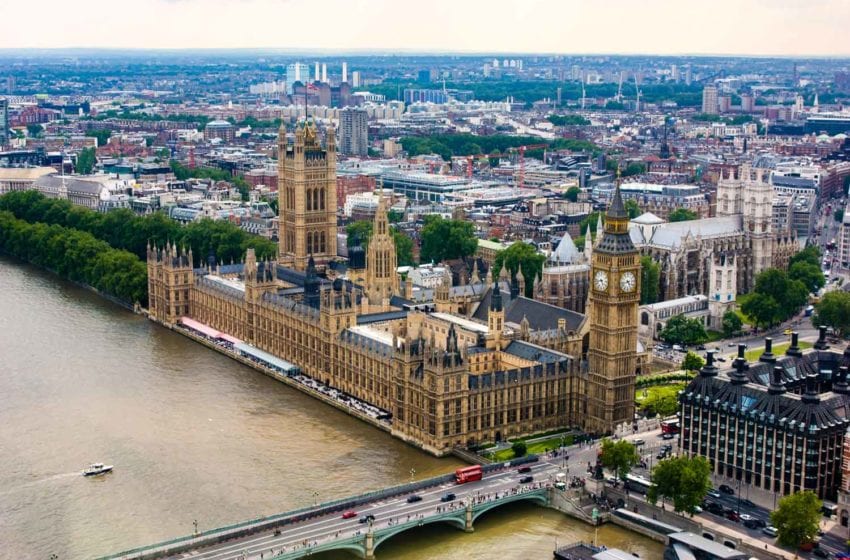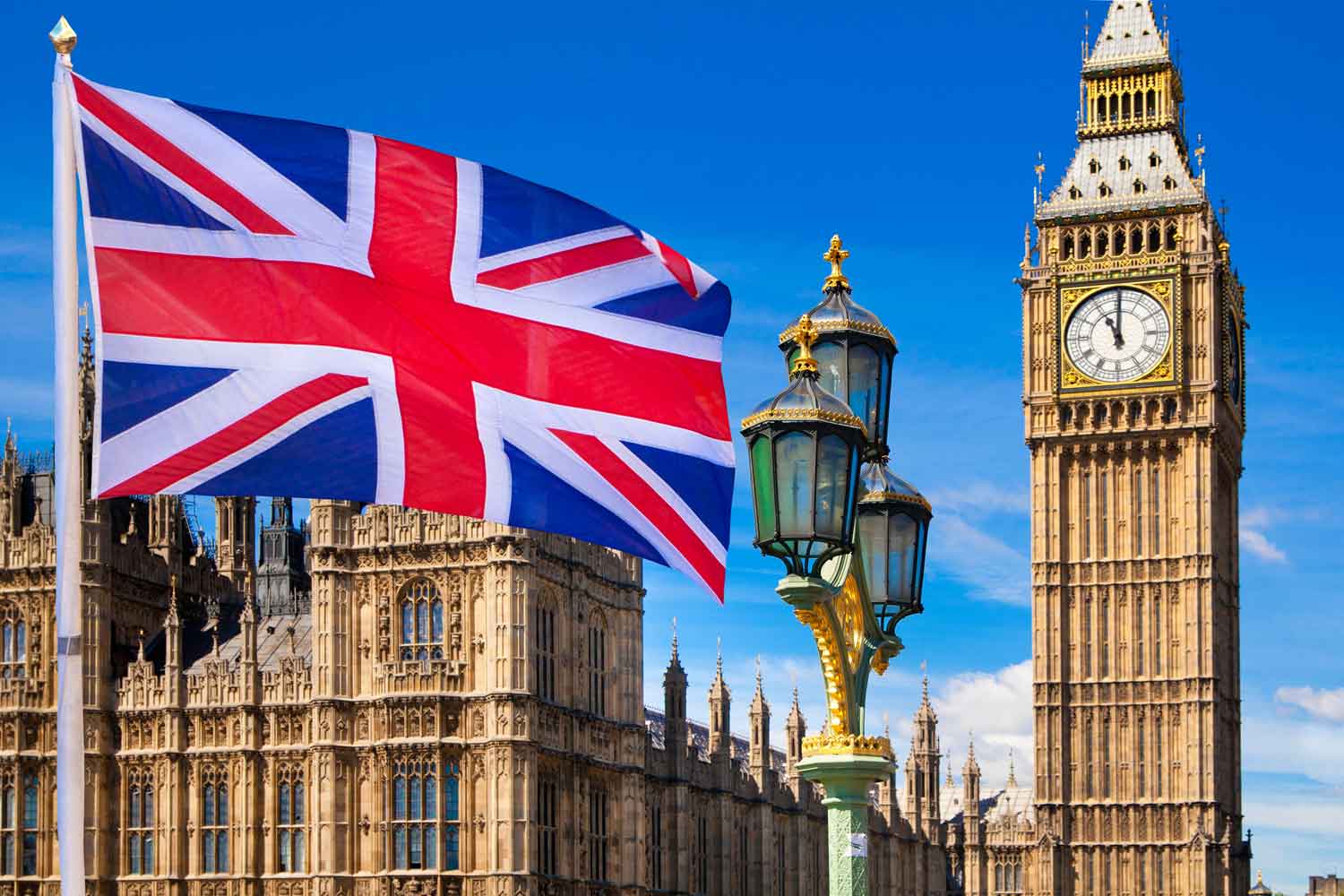
Harm reduction should be a central strategy of the Framework Convention on Tobacco Control (FCTC) in addition to the measures for demand and supply reduction, according to Robert Beaglehole and Ruth Bonita.
Writing in The Lancet, the two former World Health Organization directors argue that while the FCTC has been influential in encouraging a global response to tobacco control, it has been challenging to show a strong and consistent association between the implementation of FCTC measures and smoking prevalence and cigarette consumption outcomes.
The FCTC does not prohibit harm reduction approaches but leaves it up to member states to decide how to regulate e-cigarettes and other novel nicotine products. The WHO’s lack of endorsement of tobacco harm reduction limits healthier choices for the 1.3 billion people globally who smoke and who are at an increased risk of early death, according to Beaglehole and Bonita.
The authors note that there is no scientific justification for WHO’s position that e-cigarettes and other novel nicotine products should be treated in the same way as tobacco products. This position, they argue, overlooks a risk-proportionate approach.
“We believe WHO needs to provide positive leadership and technical support to countries as they consider the use of e-cigarettes and other nicotine delivery devices,” the authors write. “WHO’s current approach to these lower-risk product is to reward countries, such as India, for banning e-cigarettes; thirty-four countries, primarily low-income and middle-income countries, now ban e-cigarettes.”
Beaglehole and Bonita note that, in some countries, substantial reductions in smoking prevalence have coincided with the uptake of novel nicotine products. In New Zealand, for example, the prevalence of adult daily smoking plummeted from 13.3 percent in 2017–2018 to 6.8 percent in 2022–2023 after e-cigarettes became widely available, a 49 percent decline in five years.
In the same period, and with the support of the government and regulation of vaping, the prevalence of adult daily vaping increased from 2.6 percent to 9.7 percent. New Zealand’s recent decline in smoking occurred in the absence of any other major tobacco control policy, apart from the annual cost-of-living price increases, according to the authors. “The decrease in smoking during this period in New Zealand shows what can be achieved, and exceeds the WHO smoking prevalence reduction goals of 30 percent over 15 years from 2010 to 2025,” they write.
The New Zealand 2022 smoke-free legislation includes a “tobacco-free generation”, a 90 percent reduction in smoked tobacco retail outlets, and compulsory denicotinization of retail tobacco. The New Zealand government, elected in November 2023, is committed to reaching the Smokefree 2025 goal of 5 percent (or less) smoking prevalence for the adult population, but intends to repeal the 2022 smoke-free legislation.
However, because of the implementation timelines, fears that this repeal would jeopardize the Smokefree 2025 goal can be allayed, according to Beaglehole and Bonita. This is because none of the three headline measures would be expected to have an impact before 2025 and might have had negative unintended consequences. “Based on recent progress, New Zealand’s Smokefree 2025 goal looks likely to be reached by consent rather than coercion and by further support for switching to smoke-free nicotine products,” the authors note.
Beaglehole and Bonita also highlight the success of other high-income countries in reducing smoking prevalence in association with the use of a range of lower-risk nicotine delivery devices to complement FCTC demand and supply reduction measures.
Sweden, with a long tradition of snus use, has the lowest prevalence of adult daily smoking in the world, down to 6 percent in 2022, accompanied by low mortality from tobacco-related diseases.
Norway has had similar success with reducing smoking prevalence in the context of increased use of snus and e-cigarettes, and in England vaping is helping adults to quit smoking. The substantial decline in cigarette consumption in Japan is associated with the rapid uptake of products that heat, rather than burn, tobacco.
Less progress has been made in low-income and middle-income countries where tobacco control capacity and political will to advance tobacco control measures are weaker, and the potential of tobacco harm reduction is not being realized, according to the authors.
Beaglehole and Bonita say two concerns suggest why tobacco harm reduction is not more actively embraced, despite its association with reduced smoking prevalence. The first is that, compared with cigarettes, where the damage has been known for more than half a century, the long-term effects of e-cigarettes are unknown.
Although vaping may not be risk-free, especially for people who do not smoke, the risks of there being substantial long-term harm from the constituents of e-cigarettes are likely to be low, especially when compared with the damage caused by smoked tobacco, the authors point out.
The second concern is that the widespread availability of e-cigarettes in the absence of adequate controls and regulations encourages youth nicotine dependence and enables the vaping industry to act unethically. Beaglehole and Bonita say there is little evidence to suggest that vaping leads to smoking among youth, and although the proportion of non-smoking youth who vape is increasing, it remains at a fairly low level.
Stricter regulations, including enforcing sales restrictions, and appropriate health promoting campaigns are needed to prevent vaping by young people, according to the authors, but these measures must be balanced with the health needs of older adults who smoke and require support to quit.
Beaglehole and Bonita acknowledge that there is understandable skepticism about the motives of the tobacco industry in selling smoke-free products while continuing to expand tobacco markets in low-income and middle-income countries. To remain profitable, they say, the tobacco industry will eventually need to migrate its global business to less harmful alternatives since cigarettes will no longer monopolize the delivery of nicotine.
The authors express concern about the recommendations, found in COP10 background papers, to treat nicotine products as equivalent to cigarettes and regulating them in a similar way. This approach, they argue, is a retrograde step because they are not comparable products in terms of the damage they cause; after all, it is the burning of tobacco that causes harm, not nicotine. Worse, such a strategy would ultimately favor the global cigarette market and may discourage vaping, according to Beaglehole and Bonita.
The focus, they insist, must remain on the central public health problem—the damaging health effects of tobacco consumption. “Reducing cigarette smoking is the most effective way to prevent tobacco-related deaths and tobacco harm reduction is the fastest and fairest way to lower smoking prevalence,” the authors write.
“WHO needs to embrace these innovations in nicotine delivery. Countries that are reaping the benefit of tobacco harm reduction, such as New Zealand, Sweden, Norway, England and Japan, should encourage participating countries at COP10 to support proposals that will quickly reduce smoking rates. The world’s 1.3 billion people who smoke, half of whom will die early, deserve this leadership.”




